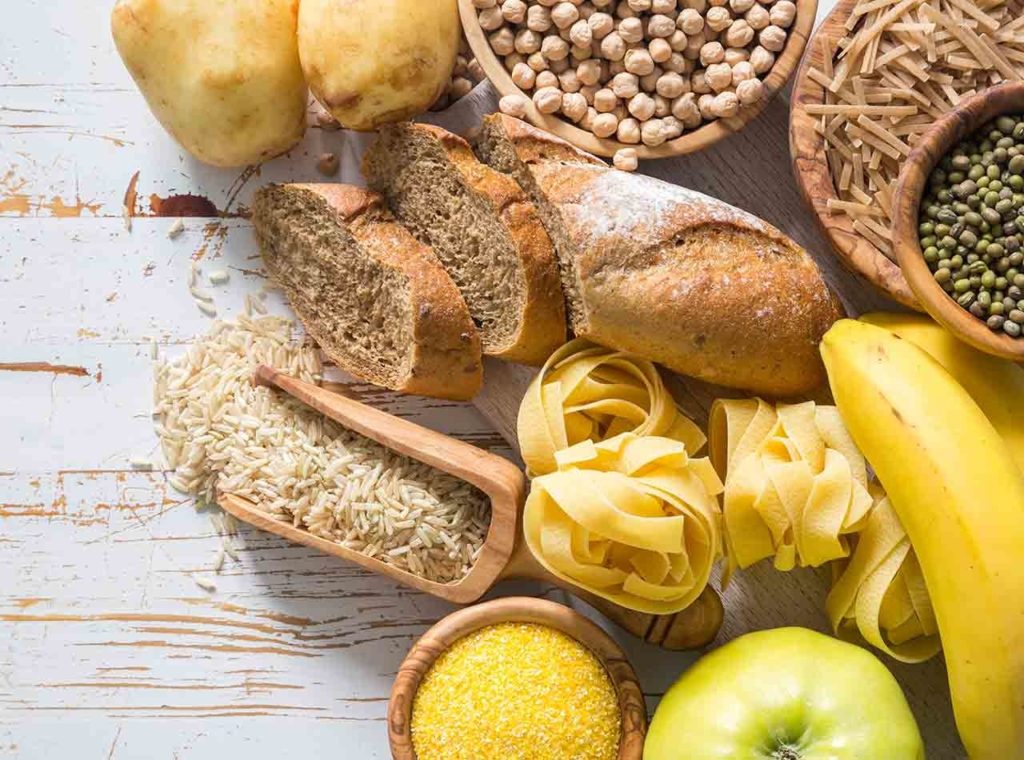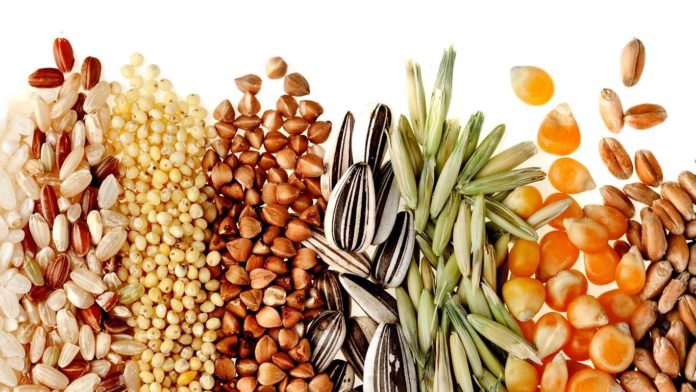“Make sure to consume complex carbohydrates instead of simple carbohydrates. Sugars, such as fructose, sucrose, and lactose – – which come from fruits, table sugar, and dairy products, respectively – are simple carbohydrates. Your body converts them into glucose easily and quickly, which can lead to fat creation. Starches and wholegrain foods are complex carbohydrates because they consist of many sugar units bound together and take longer to convert. Typical starch sources include vegetables, grains, and legumes.” Hector Sectzer
What You Need to Know About Simple and Complex Carbohydrates
What Are Simple Carbohydrates?
Simple carbohydrates are made up of just one or two sugar molecules. As such, it doesn’t take much for your body to break them down and absorb them (as glucose) into the bloodstream. For this reason, simple carbohydrates raise blood sugar much faster and usually higher than complex carbohydrates.

Single sugars include:
- Fructose (found naturally in fruit and added to some processed foods as a sweetener)
- Galactose (found in dairy products)
Double sugars include:
⦁ Lactose (found in milk and other dairy products)
⦁ Maltose (found in some vegetables and grains)
Simple carbohydrates are found in processed foods, such as table sugar, candy, syrups and sweetened beverages like soda. These simple carbohydrates don’t have additional components, such as fiber, to slow digestion and they lack nutritional value. Natural sources of simple carbohydrates are healthy food choices that can be included in a diabetes meal plan when portion controlled — they contain vitamins, minerals, protein, and fiber. These foods include: fruit and milk.
What Are Complex Carbohydrates?
Complex carbohydrates are starches. They’re made up of longer chains of sugar molecules, which makes them take longer to digest. Since complex carbs are digested more slowly than simple carbohydrates, most sources do not raise blood sugars as quickly as simple carbohydrates. Foods that fall into this category are starches, such as legumes, grains, peas, and potatoes. Dietary fiber is also considered to be a starch and is found in non-starchy vegetables and whole grains.

Just as with simple carbohydrates, some are healthier than others.
The healthiest complex carbohydrates are the least processed or refined. Whole grains (rather than refined grains), starchy vegetables, non-starchy vegetables, and legumes are the best complex carbohydrates.
Examples of these foods are brown rice, quinoa, barley, bulgur, oatmeal, other whole grains. Potatoes and sweet potatoes, corn, and legumes (kidney beans, chickpeas), are also complex carbohydrates.
Whole grains, legumes, and starchy vegetables all provide significant amounts of fiber. Fiber is an important part of your diet: it helps keep your blood sugar levels from spiking too high, it can help regulate your cholesterol levels and is important for intestinal health.
Refined starches, on the other hand, such as refined grains, are quite low in fiber. They may have vitamins and minerals if they’ve been enriched, but whole grains naturally have vitamins and minerals in them because they have not been stripped through processing.
Meal Planning With Simple and Complex Carbohydrates
When planning your meals, focus on getting more of your carbohydrates from natural, less processed sources, whether from fruits, vegetables, whole grains, dairy or legumes. This will ensure that you’re getting the most nutritious, fiber-filled foods in your diet, which will help you control your blood sugar levels and keep you feeling full and energized.

















